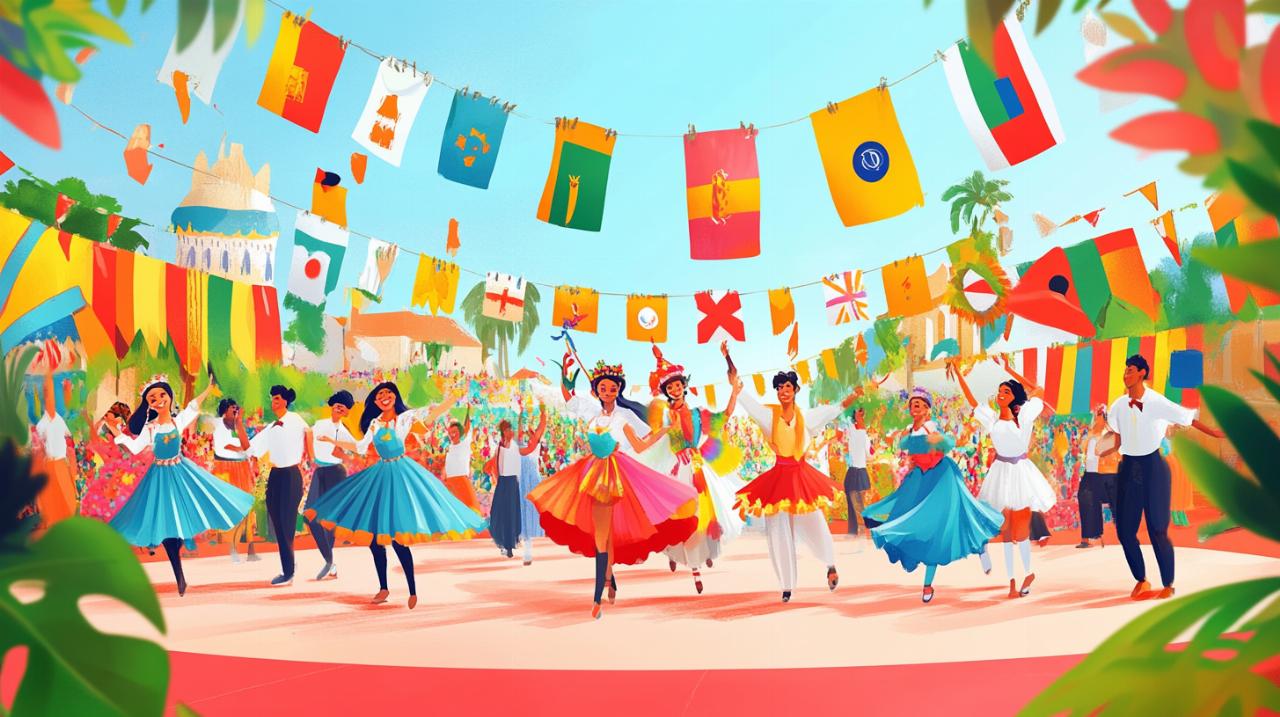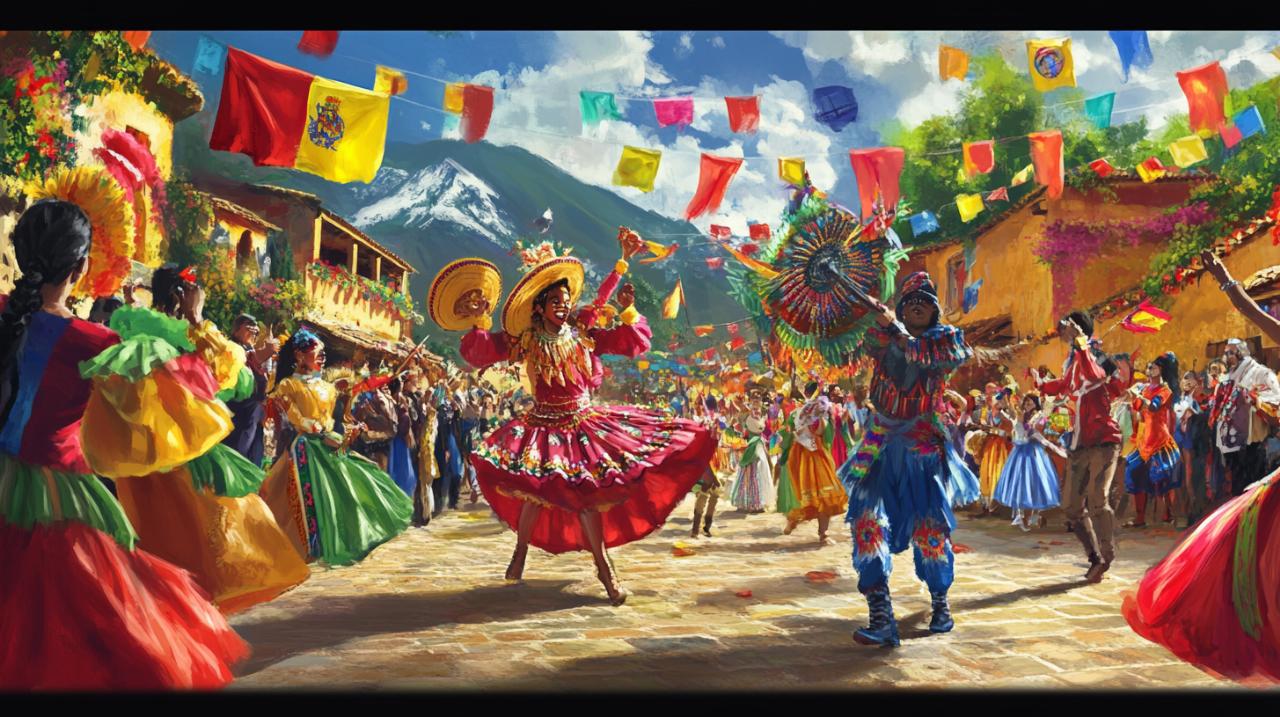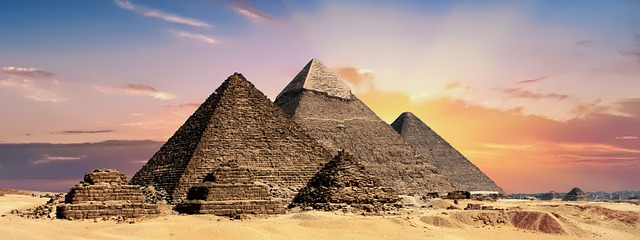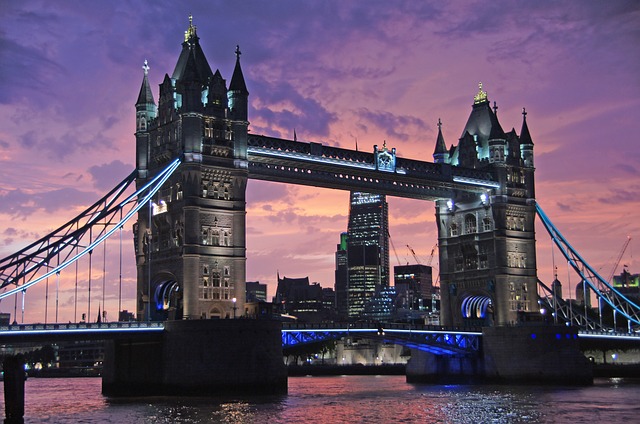
In an era where the pace of cultural change accelerates daily, keeping abreast of the latest developments in the arts, entertainment, and creative expression has become more essential than ever. Whether one is passionate about theatre, literature, music, or visual arts, the sheer volume of information available can be both exhilarating and overwhelming. This is where dedicated culture news platforms and thoughtful analysis come into play, offering not just headlines but meaningful context that helps us make sense of the world around us. From major award ceremonies to groundbreaking performances, from controversial artistic statements to the subtle shifts in public taste, the cultural landscape is in constant flux, and staying informed allows enthusiasts to engage more deeply with the creativity that defines our times.
Staying Current with the Arts and Culture Scene
For anyone who considers themselves a genuine enthusiast of the arts, maintaining a connection to the latest happenings is not merely a hobby but a vital part of their identity. The cultural sphere is vast and varied, encompassing everything from blockbuster film franchises to intimate poetry readings, from stadium tours by global superstars to experimental performances in underground venues. Understanding the significance of recent events, such as the awarding of the Nobel Prize in Literature to László Krasznahorkai, or the announcement that Saoirse Ronan will portray Linda McCartney in an upcoming Beatles biopic, enriches our appreciation of the broader narrative threads that bind creative endeavours together. These updates serve as touchstones, helping us situate individual works within a larger historical and cultural context.
Why regular updates matter for culture enthusiasts
The importance of regular updates cannot be overstated. In a world where a new album from Taylor Swift can break sales records held by Adele, or where a trailer for a Game of Thrones prequel can generate instant global conversation, being informed means being part of a living dialogue. culture news provides the raw material for debates, discussions, and discoveries that animate our social interactions. It allows us to understand not only what is happening but why it matters. When Jennifer Aniston comments on the negative impact of social media on humanity, or when Bill Burr defends a comedy festival in Riyadh against its critics, these moments become reference points for wider conversations about technology, freedom of expression, and cultural values. Regular updates ensure that we do not miss these pivotal moments and that we can engage with them thoughtfully rather than reactively.
Top Sources for Reliable Arts and Culture Information
Navigating the sea of information requires discernment and a keen eye for quality journalism. The Guardian stands out as a premier source, offering comprehensive coverage across news, opinion, sport, culture, and lifestyle, with dedicated editions for the UK, Europe, the United States, Australia, and international audiences. This breadth ensures that readers receive not only local perspectives but also insights into how cultural phenomena resonate across different regions. Beyond traditional journalism, platforms such as Callecultura, a blog that delves into philosophy under the banner of Mindblown, provide alternative voices and niche insights that complement mainstream reporting. These smaller, independent voices often explore themes and ideas that larger outlets might overlook, enriching the overall ecosystem of cultural commentary. Additionally, podcasts have emerged as an invaluable medium, offering in-depth analysis and discussions that allow for a more nuanced exploration of topics, such as the backlash surrounding Taylor Swift's new album, which can be dissected at length in a way that print journalism sometimes cannot accommodate.
Discovering diverse viewpoints in contemporary culture
 One of the most rewarding aspects of following culture news is the opportunity to encounter perspectives that challenge our assumptions and broaden our horizons. The cultural landscape is not monolithic; it is shaped by a multitude of voices, each bringing their own experiences, backgrounds, and insights to the table. This diversity is not merely a matter of representation but a fundamental source of innovation and creativity. When we engage with emerging voices and alternative viewpoints, we open ourselves up to new ways of thinking and feeling, which in turn deepens our understanding of the human experience. The recent recognition of László Krasznahorkai with the Nobel Prize in Literature exemplifies this principle, as his work offers a distinctive vision that contrasts sharply with more conventional narratives.
One of the most rewarding aspects of following culture news is the opportunity to encounter perspectives that challenge our assumptions and broaden our horizons. The cultural landscape is not monolithic; it is shaped by a multitude of voices, each bringing their own experiences, backgrounds, and insights to the table. This diversity is not merely a matter of representation but a fundamental source of innovation and creativity. When we engage with emerging voices and alternative viewpoints, we open ourselves up to new ways of thinking and feeling, which in turn deepens our understanding of the human experience. The recent recognition of László Krasznahorkai with the Nobel Prize in Literature exemplifies this principle, as his work offers a distinctive vision that contrasts sharply with more conventional narratives.
How different perspectives enrich our cultural understanding
Different perspectives act as lenses through which we can examine familiar subjects in unfamiliar ways. For instance, the news that UK libraries are being urged to remove children's books with URLs hijacked by a porn site, coupled with reports of a catastrophic decline in Black representation in children's literature, highlights how cultural products are not neutral but are shaped by and reflect societal values and power structures. These stories compel us to ask difficult questions about who gets to tell stories, whose voices are heard, and what messages are being communicated to the next generation. Similarly, the Venice opera house staff strike over the hiring of a conductor with political ties illustrates how cultural institutions can become arenas for broader social and political debates. By paying attention to these diverse viewpoints, we become more aware of the complexities and contradictions that define contemporary culture, and we are better equipped to navigate them with empathy and critical insight.
Emerging voices reshaping today's cultural landscape
The cultural landscape is continually being reshaped by emerging voices who bring fresh energy and new ideas to the fore. Artists, writers, musicians, and performers who were once on the margins are increasingly finding platforms and audiences that recognise their talent and value their contributions. The announcement that Zach Bryan, a country superstar, faced criticism from US Homeland Security over his lyrics demonstrates how even those within established genres can push boundaries and provoke debate. Meanwhile, the anticipated debut of Mischa Barton on the UK stage in Double Indemnity signals a reinvention and a crossing of boundaries between film and theatre. These emerging voices are not confined to any single medium or genre; they are everywhere, from the independent blogs powered by WordPress to the grand stages of international festivals. They challenge us to reconsider what we think we know about culture and to remain open to surprise and discovery. As Julia Gillard prepares to chair the Women's Prize for Fiction in 2026, we are reminded that leadership and influence in the cultural sphere are also evolving, with figures from diverse backgrounds stepping into roles that shape the future of the arts. This ongoing transformation ensures that the cultural conversation remains vibrant, inclusive, and ever-changing, offering endless opportunities for exploration and engagement.



